T4K3.news
Sanctions hit ICC officials
The US imposes sanctions on ICC judges and staff, prompting international reactions.
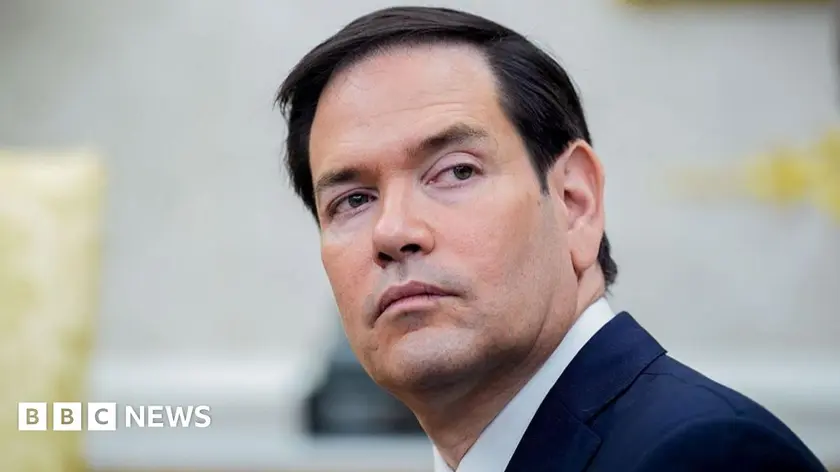
The United States imposes sanctions on four ICC officials, drawing swift reactions from multiple allies and the court.
US sanctions ICC judges and officials spark global backlash
The United States announced new sanctions on four ICC officials, including judge Nicolas Guillou, and deputy prosecutors Nazhat Shameem Khan and Mame Mandiaye Niang, over alleged actions connected to arrest warrants against Israeli leaders. France voiced dismay and the ICC described the move as a flagrant attack on its independence. The penalties also target the property and interests of the four officials in the United States.
The sanctions come after weeks of tensions over the court’s reach and prior actions against ICC figures. The United States said Guillou authorised arrest warrants against Israeli Prime Minister Benjamin Netanyahu and another Israeli official, while Khan and Niang were cited for alleged illegitimate actions against Israel. The ICC condemned the measures, saying they threaten its impartiality and the broader rules-based international order. UN human rights officials and others criticized the move, even as Israeli Prime Minister Netanyahu welcomed the decision as a blow to what he called a smear campaign against Israel.
Key Takeaways
"politcisation, abuse of power, and illegitimate judicial overreach"
Rubio's statement announcing sanctions
"They constitute also an affront against... the rules-based international order and, above all, millions of innocent victims across the world."
ICC response to the sanctions
"firm measure against the mendacious smear campaign against Israel"
Netanyahu's reaction to the sanctions
"I intend to honour that tradition"
Francesca Albanese's post defending ICC principles
The episode highlights a widening clash between national sovereignty and international justice. Washington frames the ICC as politicized and overreaching, using sanctions to police a court it sees as diverging from U.S. priorities. Critics argue that such measures threaten judicial independence and could chill investigations that involve powerful allies. The risk is not only legal but strategic: when a major power uses sanctions to influence a global court, it may deter culpable actions but also erode the premise that universal justice operates beyond borders. The coming weeks will reveal whether diplomatic channels can defuse the tension or if a new fault line opens between Washington and The Hague on questions of accountability and due process.
Highlights
- This move risks politicizing justice on a global stage
- Sanctions that threaten independence are a dangerous signal
- Justice should not be a bargaining chip in foreign policy
- The rules based order cannot be weaponized for short term aims
Political and legal risk from ICC sanctions
The sanctions touch on the independence of an international court, raise questions about sovereignty and legitimacy, and could provoke diplomatic backlash or legal challenges. The move also heightens tensions between the United States and international institutions.
History will judge how far power can bend law without breaking credibility.
Enjoyed this? Let your friends know!
Related News
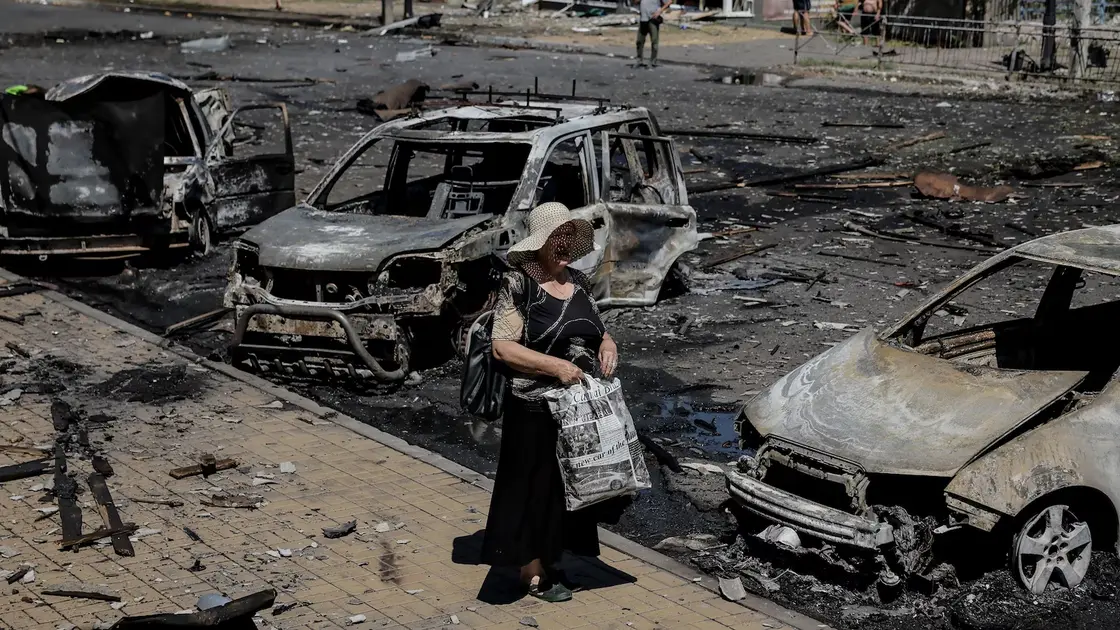
Ukraine pushes for harsher sanctions against Russia
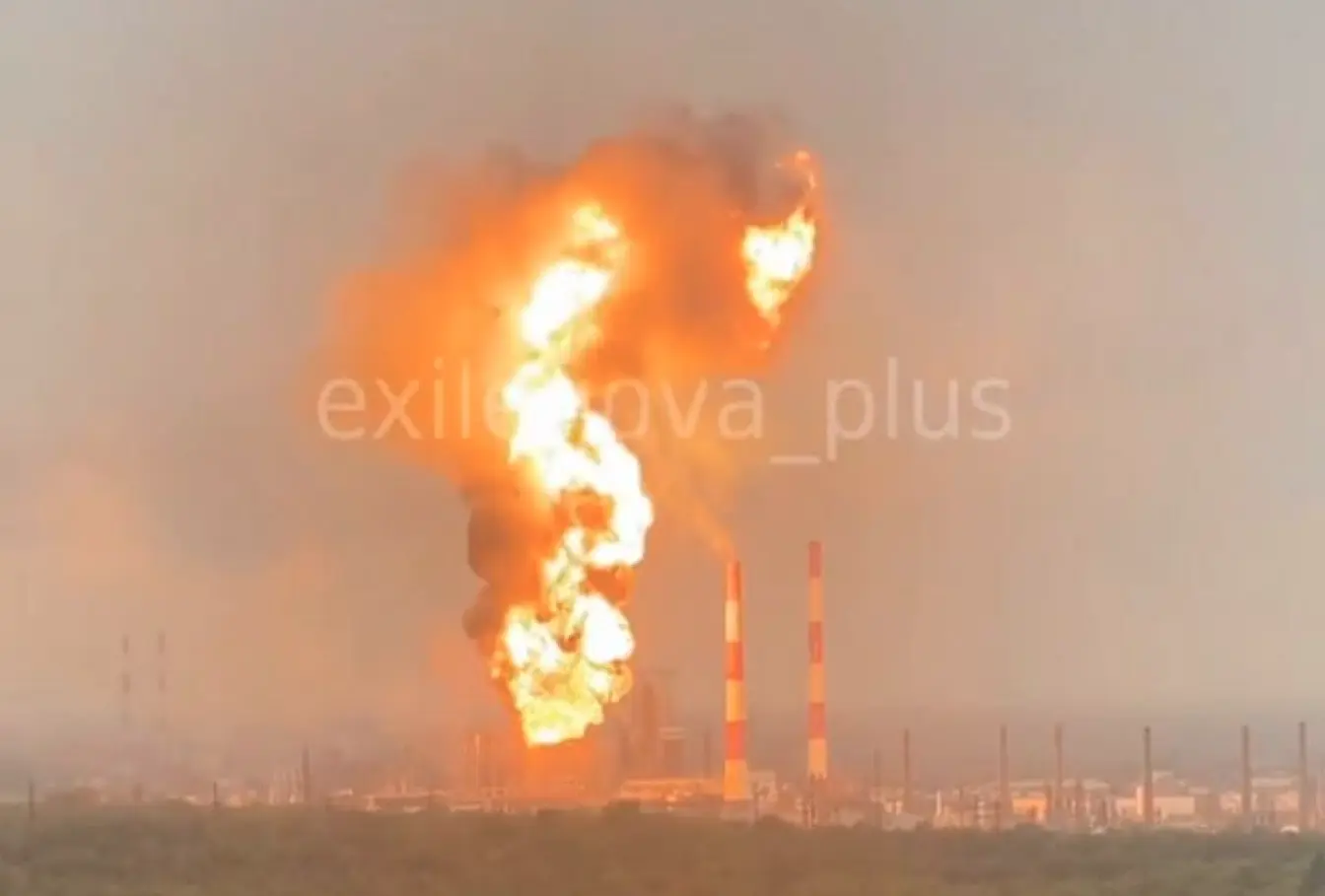
Drone strikes hit Russian industrial sites
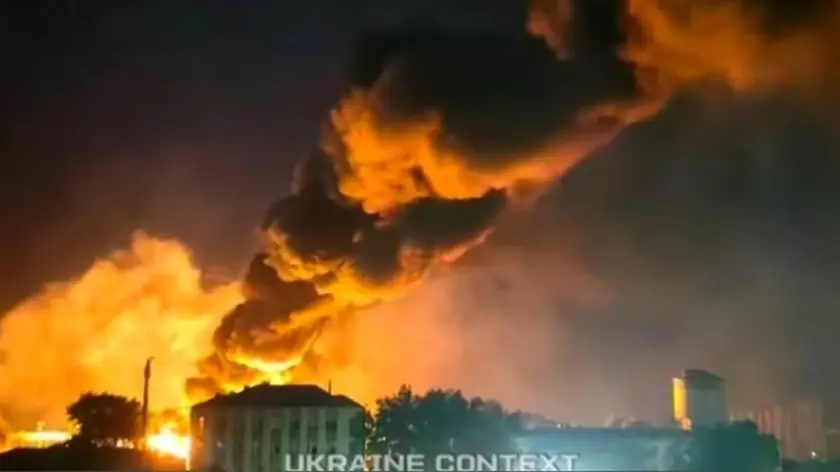
Russian strikes kill 20 including 16 in prison attack
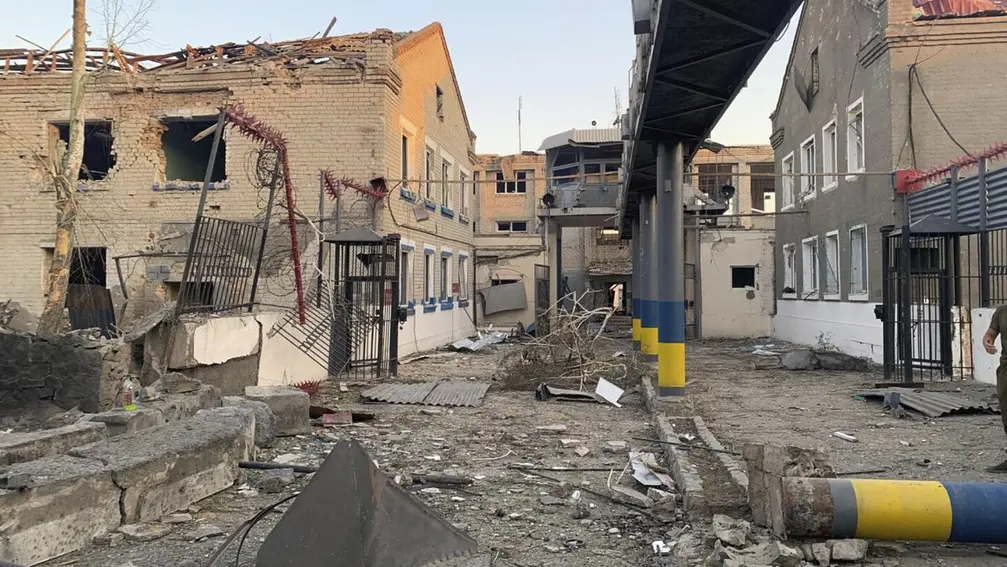
Russia attacks in Ukraine lead to 22 deaths

Kyiv suffers its deadliest attack with 31 fatalities
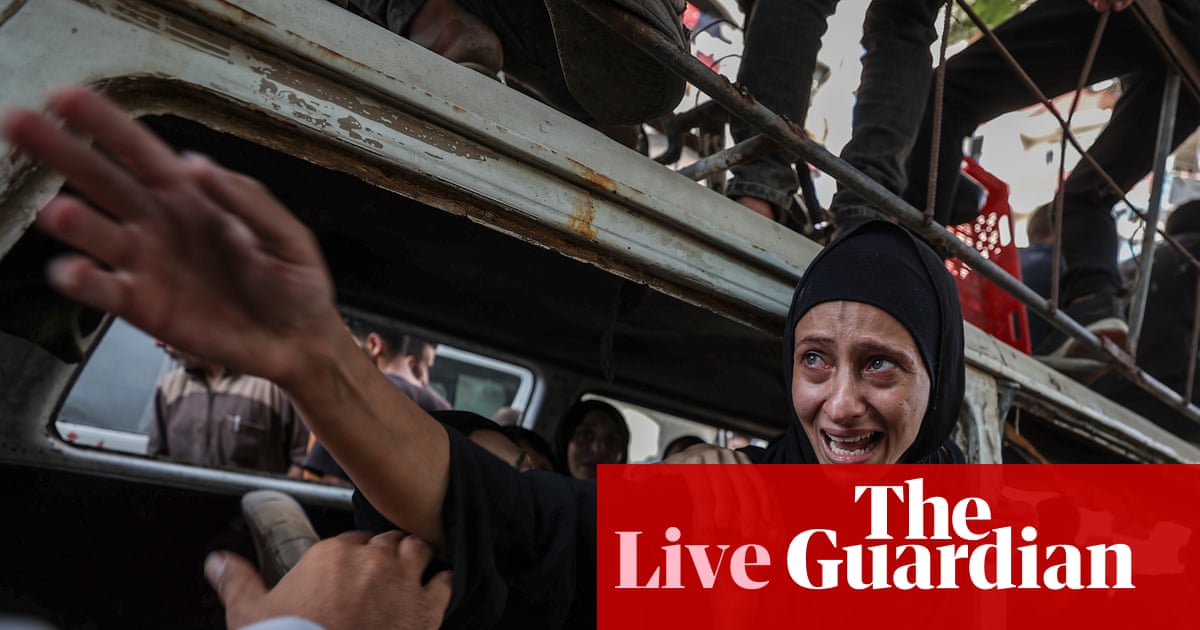
UN warns of dire hunger crisis in Gaza

Russia launches large scale attack on Ukrainian cities
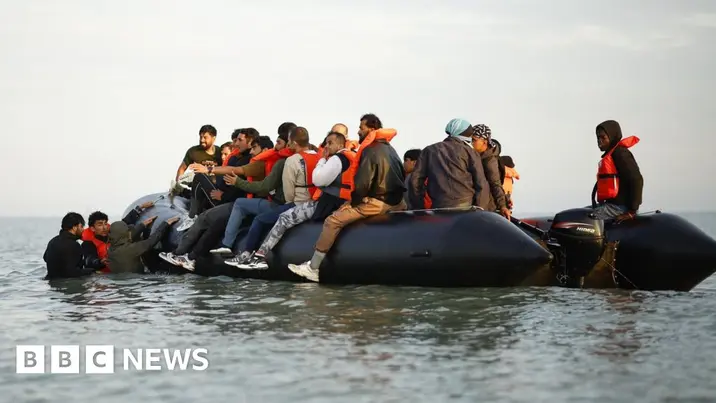
UK announces new sanctions against people-smuggling networks
